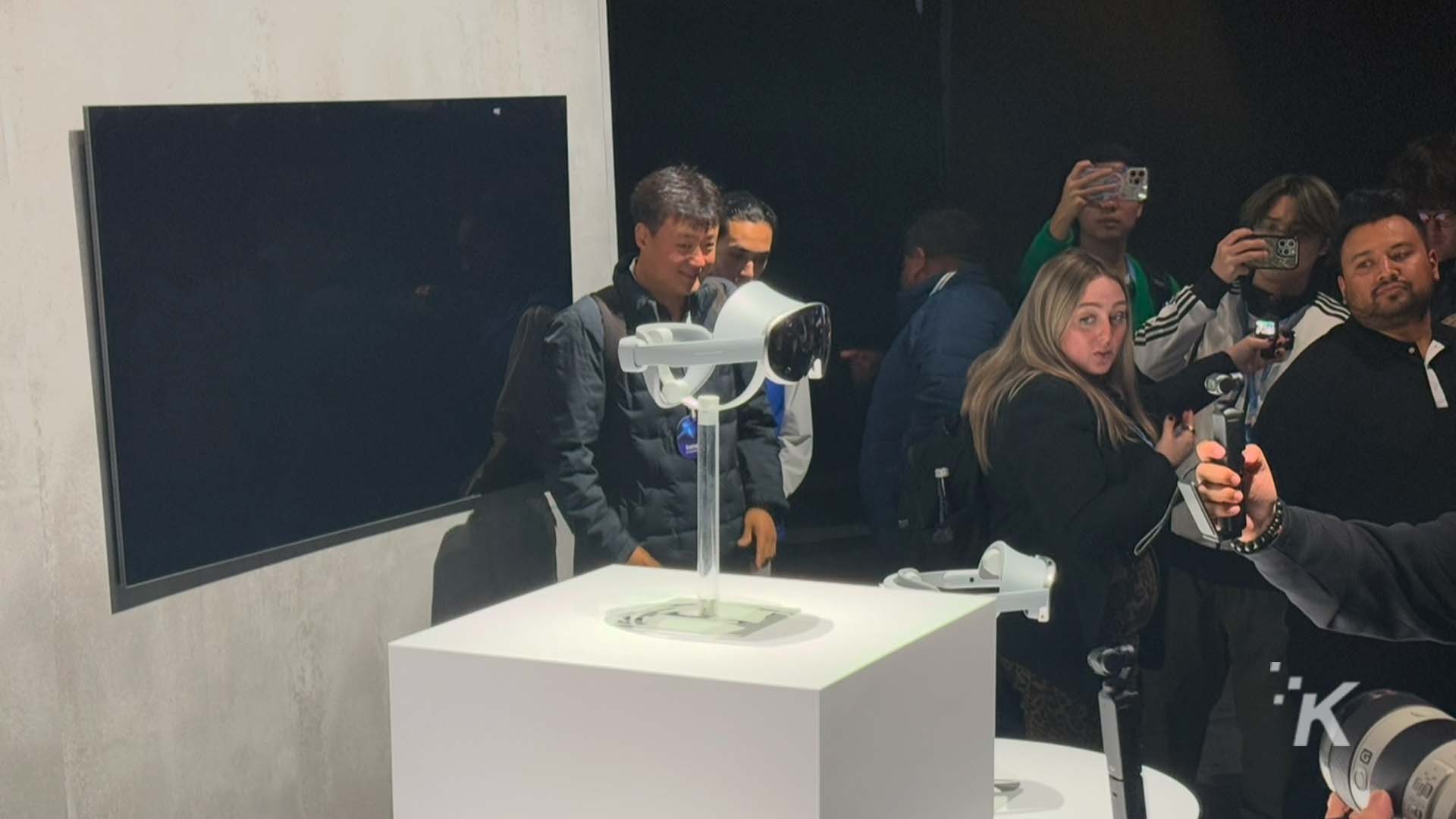Google may acquire AdHawk for its eye-tracking tech
The deal is reportedly worth $115 million, and will potentially power Google’s future smart glasses.

Just a heads up, if you buy something through our links, we may get a small share of the sale. It’s one of the ways we keep the lights on here. Click here for more.
Google could be planning to re-enter the competition with its Android XR platform and a partnership with Samsung on a new headset called Project Moohan.
However, Google’s plans seem to be beyond software, as it may also be developing its own headset and smart glasses.
According to Bloomberg, Google is in talks about buying AdHawk Microsystems, a company specializing in eye-tracking technology for wearable devices. The deal is reportedly worth $115 million.
Interestingly, Meta attempted to acquire AdHawk back in 2022. AdHawk also has backing from major tech players like HP, Samsung, and Intel.
So, why is eye-tracking important? AdHawk’s eye-tracking technology is crucial for advanced smart glasses and augmented reality (AR) devices.
In AR and VR headsets, this technology lets a device detect precisely where a person is looking.
This can make interactions more natural, improve performance, and even help with battery efficiency.
AdHawk is known for creating low-power eye-tracking chips, which can track users’ eyes more quickly and accurately than most competitors.
The company’s latest MindLink Air smart glasses use tiny beams of light to track eye movements in real time.
This technology helps create more immersive AR experiences. Apple’s Vision Pro headset and Meta’s Orion glasses also rely on eye tracking for better user interaction.
Google has been laying the groundwork for smart glasses for years. In 2020, it acquired North Focals, a company that made stylish AR glasses.
Then, in 2024, Google showcased its vision for smart glasses through Project Astra at its I/O developers conference.
Around the same time, it introduced Android XR, a software platform for AR and VR devices. These moves signal Google’s serious interest in the smart glasses space.
While Google missed its first opportunity in the smart glasses market, its recent actions suggest a renewed focus on the technology.
Are you looking forward to seeing what Google does with its smart glasses and this tech? What are your expectations? Tell us your thoughts below in the comments, or via our Twitter or Facebook.






























